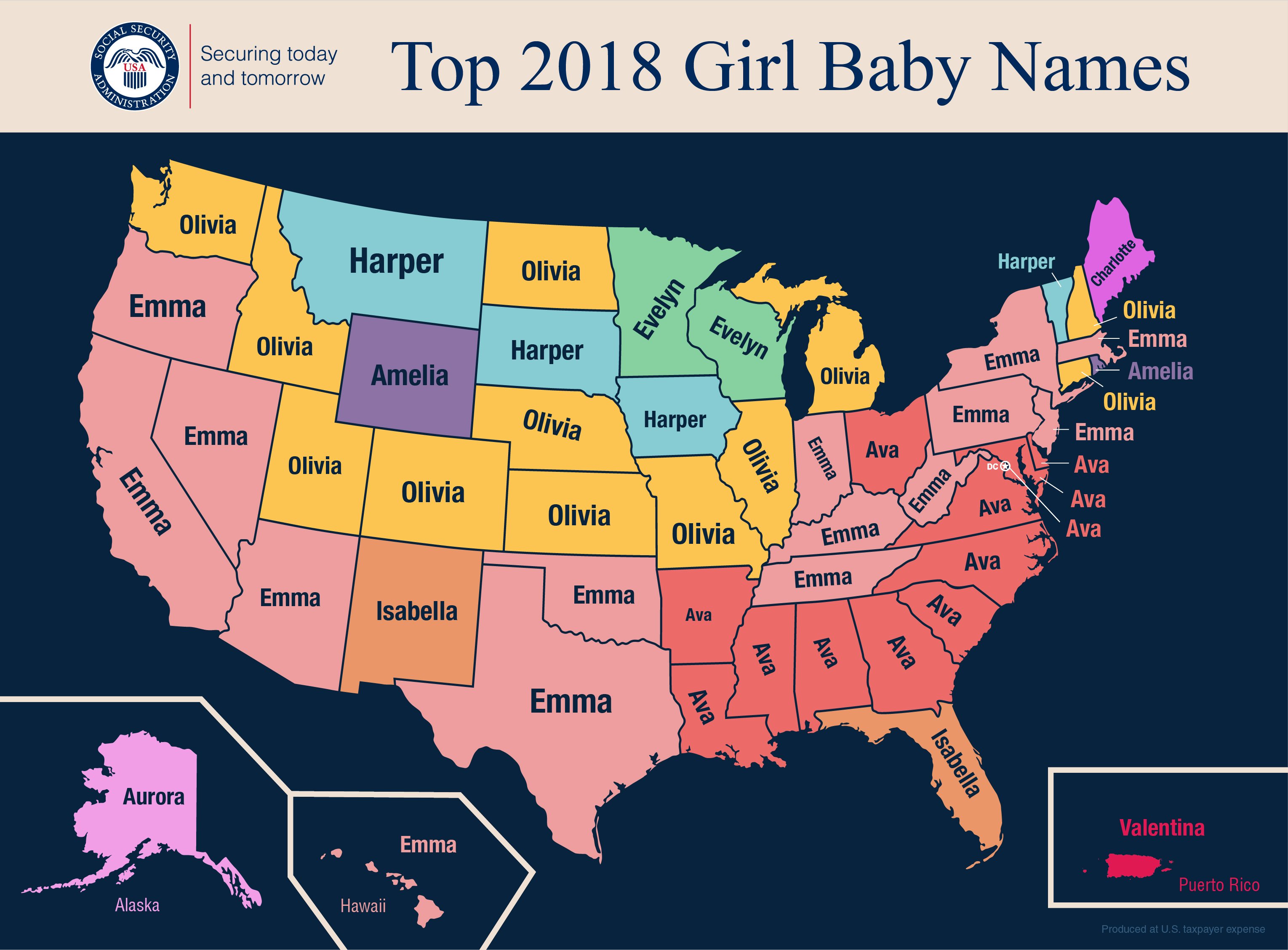For decades, Social Security Administration (SSA) efforts to increase employment among Social Security Disability Insurance (DI)
beneficiaries have been a focus of considerable interest among both
policymakers and researchers. However, beneficiary work activity
sometimes results in benefit overpayments, and research on the extent of
those overpayments—and the characteristics of affected
beneficiaries—has been relatively limited. ...
DI overpayments account for a substantial sum of money and create administrative and fiscal management challenges for SSA. Work-related overpayment amounts ranged from $831 million in fiscal year 2010 to $980 million in fiscal year 2012. ...
Anecdotal evidence suggests that overpayments and their aftermaths can
be traumatic experiences for beneficiaries and may function as
disincentives to work. ...
[W]e find that overpayments are probable among at-risk
beneficiaries (of whom 71 percent were overpaid). The median duration
of work-related overpayments was 9 months and the median amount they
accrued was $9,282. Overpayments were most prevalent among traditionally
disadvantaged or vulnerable populations, including beneficiaries who
are black or Hispanic, those with low monthly DI
benefit amounts, those for whom medical improvement is not expected,
and those with less than a high school education, holding other
characteristics equal. ...
I don't know all of what should be done about this but, I guess, the first step would be to acknowledge that, in the main, this is a systemic problem rather than the fault of claimants trying to cheat. I think the second step would be to acknowledge that collection of these overpayments should not be the priority. The system is too complicated. We can't keep blaming the claimants for these overpayments. Most of these overpayments should be quickly waived if we want to avoid discouraging attempts to return to work.
Social Security's Inspector General, in particular, needs to give some serious thought to the pressure it puts on the agency to aggressively find and collect any and all overpayments.




